Find Help
More Items From Ergsy search
-

Short Films About Mental Health - Anxiety
Relevance: 100%
-

Short Films About Mental Health - Trauma PTSD
Relevance: 97%
-
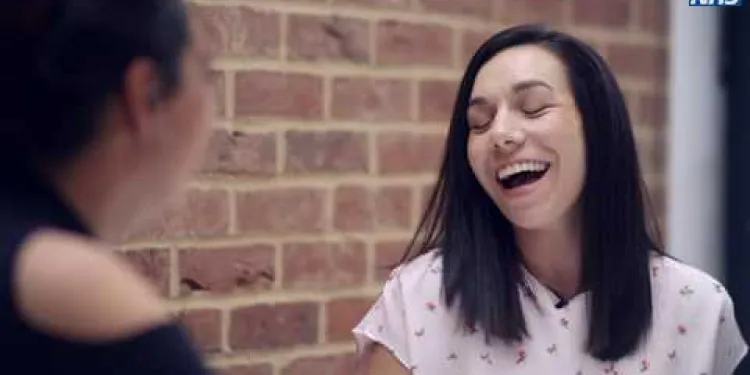
Short Films About Mental Health - Personality Disorders
Relevance: 74%
-
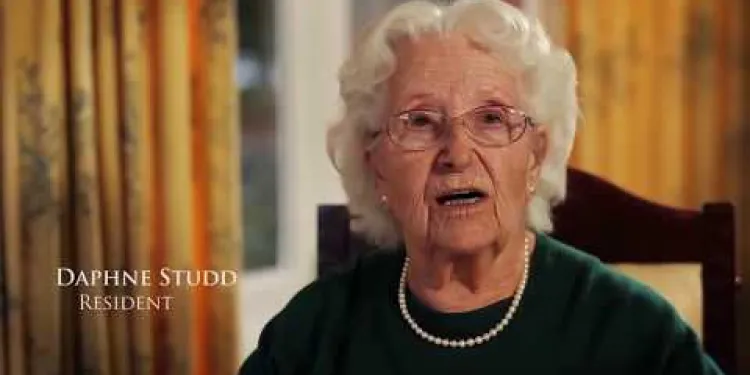
Colten Care values - montage of all 5 short films
Relevance: 47%
-

New Mental Health Strategy Launched to Address Youth Anxiety Epidemic
Relevance: 45%
-
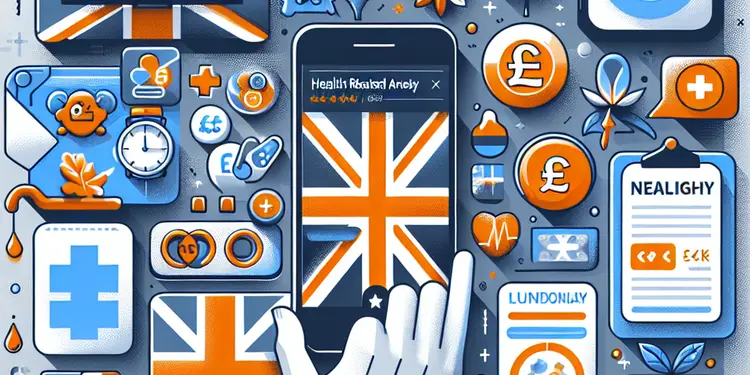
What is health related anxiety?
Relevance: 42%
-

How does binge drinking affect mental health?
Relevance: 42%
-
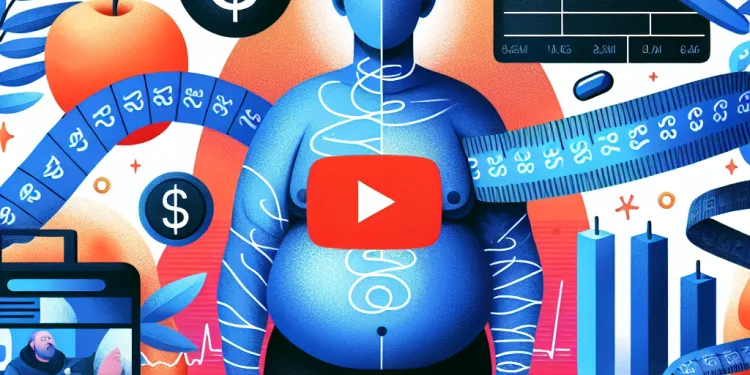
What is the impact of obesity on mental health?
Relevance: 42%
-
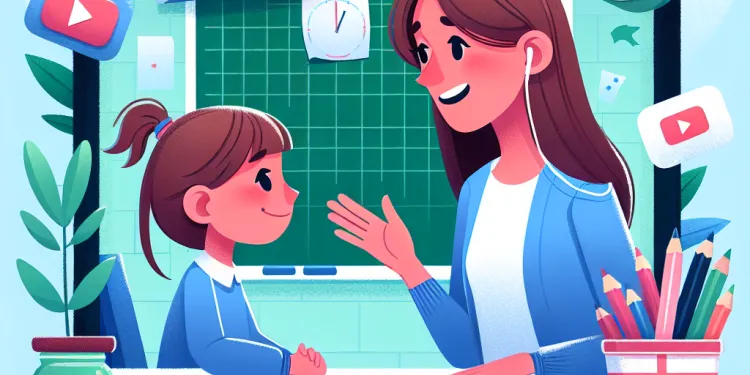
Understanding Mental Health in Children
Relevance: 41%
-
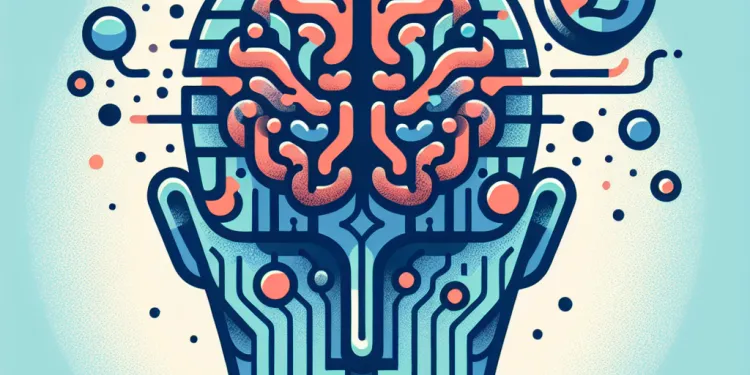
Can concussions lead to mental health issues?
Relevance: 39%
-

How does sugar impact mental health?
Relevance: 39%
-

Mental Health Support Resources for Families
Relevance: 39%
-
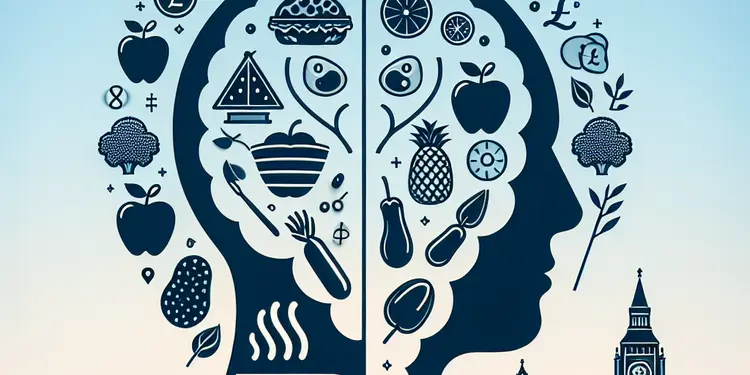
How do eating disorders affect mental health?
Relevance: 39%
-
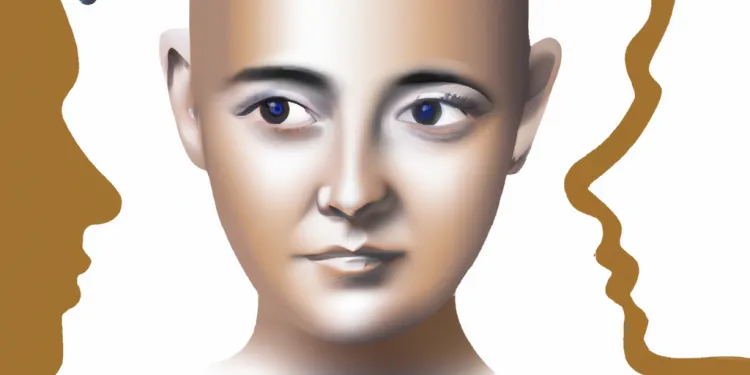
Mental Health Resources for Families
Relevance: 38%
-

Mental Health: Laura's Story | NHS
Relevance: 38%
-

Can health-related anxiety lead to actual health problems?
Relevance: 38%
-

Can mixed exercises improve mental health?
Relevance: 38%
-
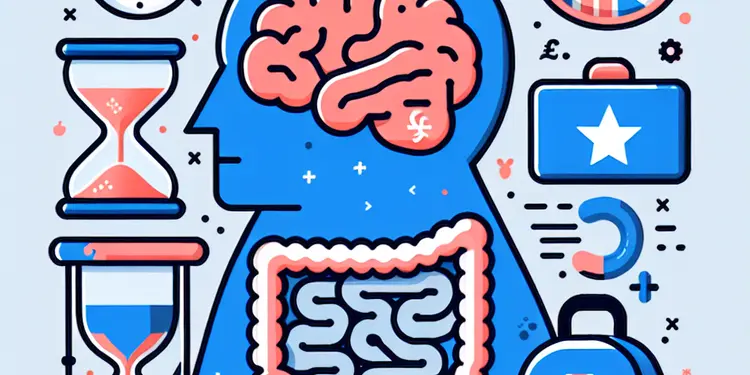
Can gut health affect mental health as one ages?
Relevance: 37%
-
Can eating disorders occur with other mental health conditions?
Relevance: 37%
-

Mental Health Support Resources in the UK
Relevance: 37%
-
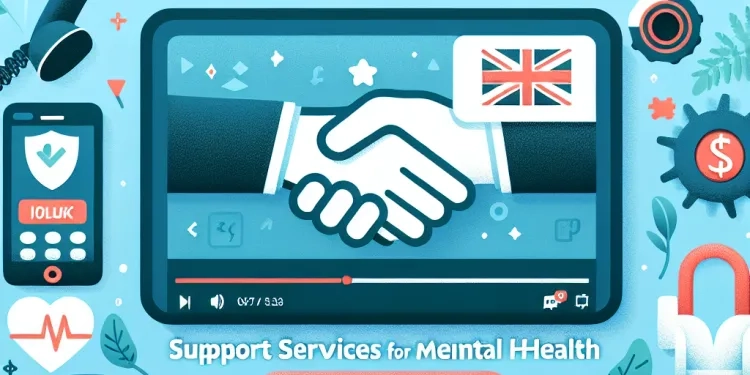
Support Services for Mental Health Amid Economic Uncertainty
Relevance: 37%
-

Mental Health Support Services in the UK
Relevance: 37%
-

How does walking to work impact mental health?
Relevance: 37%
-

How does the loneliness epidemic impact mental health?
Relevance: 37%
-

Can cortisol levels impact mood and mental health?
Relevance: 37%
-
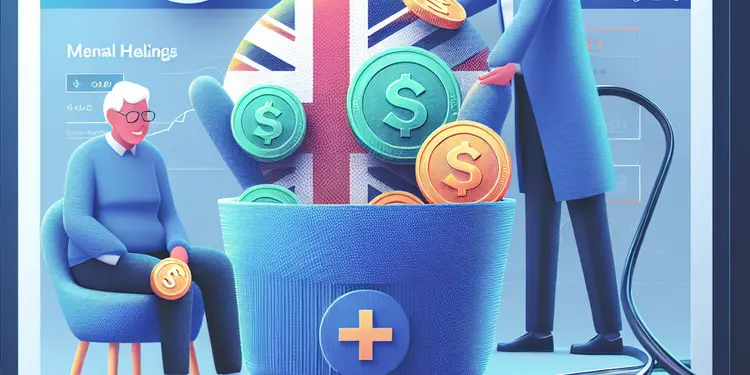
What mental health resources are available for seniors?
Relevance: 36%
-

Can relationship problems be resolved to improve mental health?
Relevance: 36%
-

Accessing Mental Health Support Resources in the UK
Relevance: 35%
-
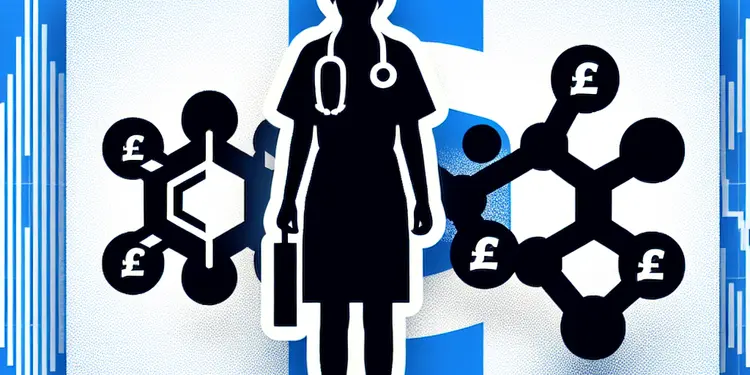
Can ketamine be prescribed for mental health conditions?
Relevance: 35%
-
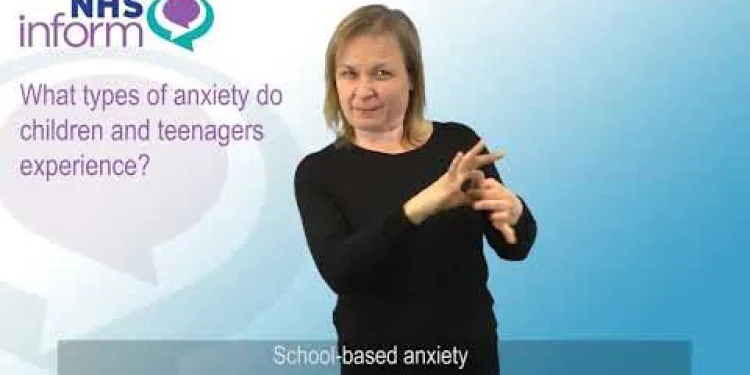
Anxiety in young people
Relevance: 35%
-

Mental Health Impact of Cost of Living Crisis and Support Resources
Relevance: 35%
-
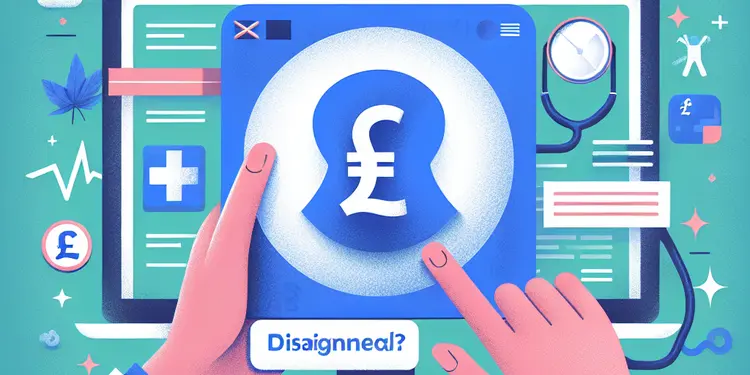
How is health-related anxiety diagnosed?
Relevance: 34%
-
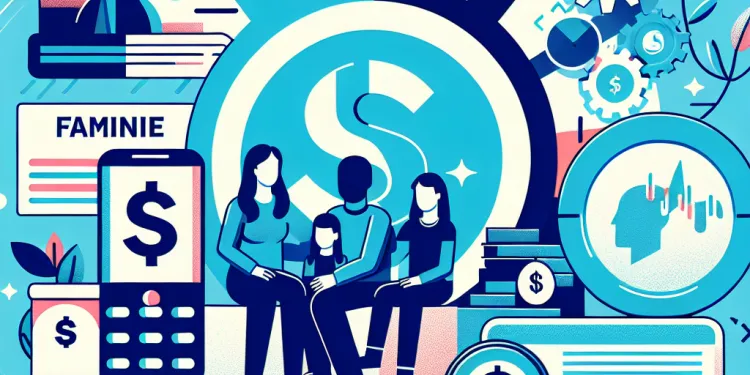
Advancements in Mental Health Resources for Families
Relevance: 34%
-

Current Challenges in Youth Mental Health Services
Relevance: 34%
-
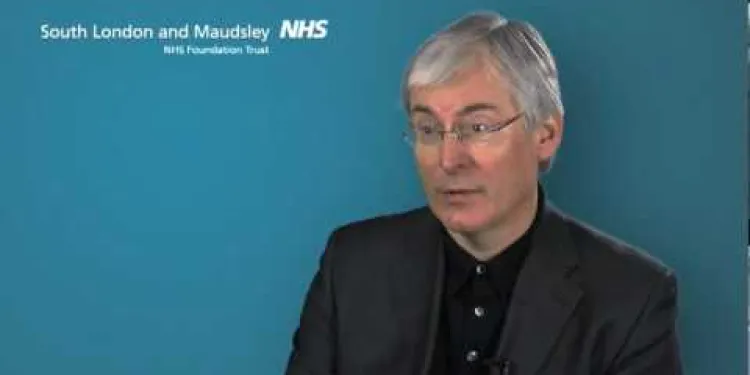
Treating anxiety and depression - www.slam.nhs.uk
Relevance: 34%
-
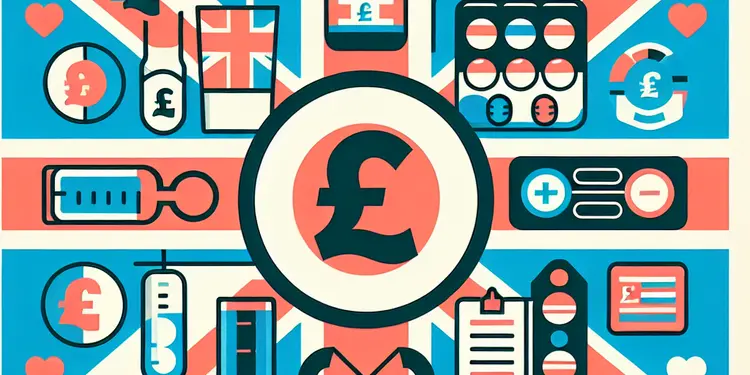
What impact can weight loss drugs have on mental health?
Relevance: 34%
-
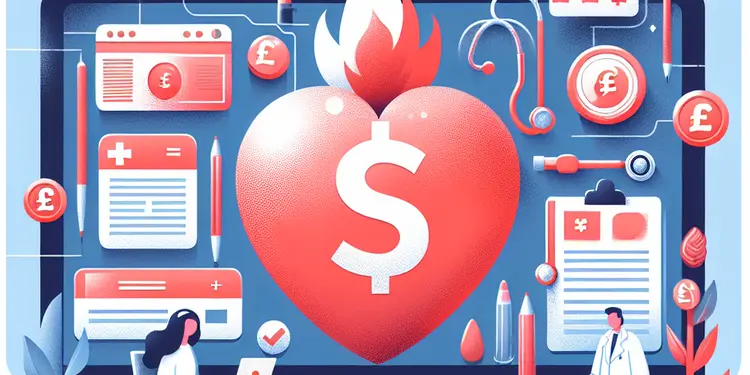
What is health-related anxiety?
Relevance: 34%
-
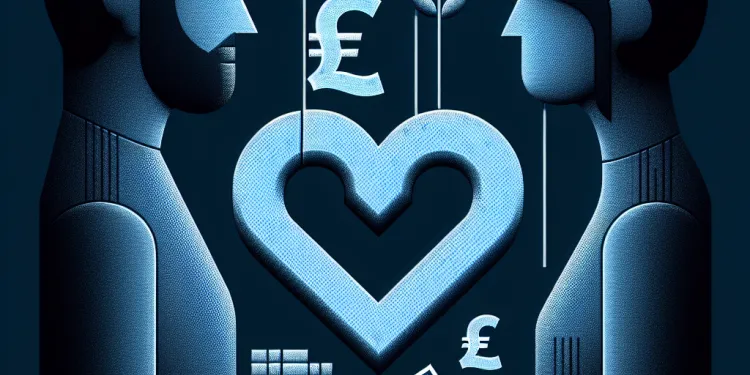
Can ending a toxic relationship improve my mental health?
Relevance: 34%
-
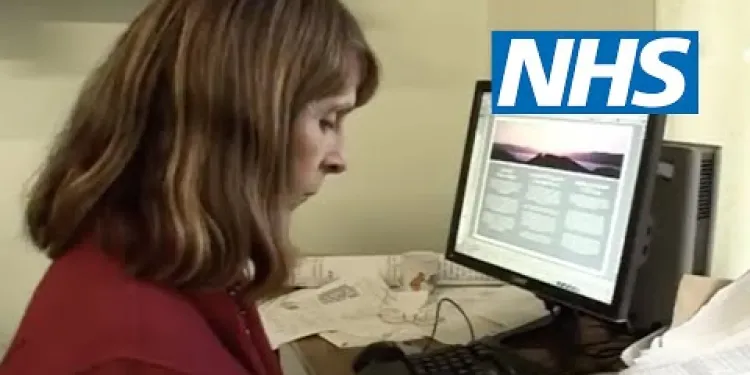
Anxiety | NHS
Relevance: 34%
-
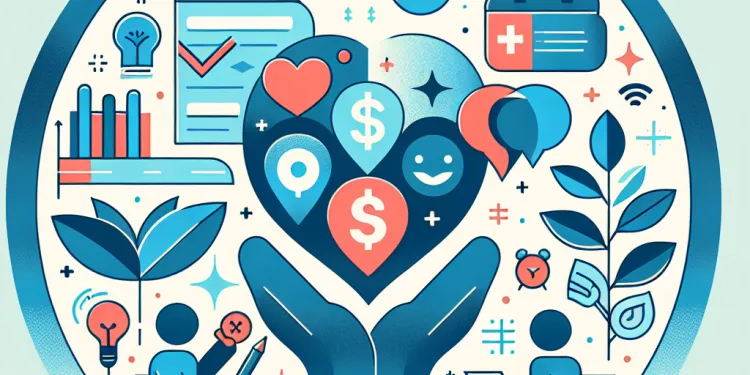
Mental Health Support for Families: Resources and Strategies
Relevance: 34%
Short Films About Mental Health - Anxiety
The Importance of Short Films in Discussing Anxiety
Short films have emerged as a powerful medium to discuss and raise awareness about mental health issues, including anxiety. These films can delicately explore complex emotions and scenarios in a compact format, making them accessible and engaging. In the United Kingdom, mental health issues are increasingly in the spotlight, with anxiety disorders affecting a significant portion of the population. Short films can tap into the nation's collective consciousness and start essential conversations about coping mechanisms, treatment, and support.Notable Short Films on Anxiety
Several short films have successfully illustrated the multifaceted nature of anxiety. For instance, "The Edge of Seventeen" is a candid portrayal of teenage anxiety and the struggles of fitting in. Another exemplary short, "Hair Love," focuses on the nuanced anxiety experienced by a father trying to bond with his daughter. Additionally, "The Present" deals with societal pressures and the internal battles faced by individuals. These films serve as relatable narratives that resonate with audiences, offering insights into the lives of those grappling with anxiety.Creating Cultural and Social Impact
Short films have the potential to create substantial cultural and social impact. In the UK, organisations like Mind and Rethink Mental Illness often use visual storytelling to advocate for better mental health policies and resources. These films are shared through social media, film festivals, and educational programmes, ensuring they reach diverse audiences. The empathetic portrayal of anxiety in these short films can reduce stigma, foster empathy, and encourage individuals to seek help, thereby instigating change at both personal and community levels.Personal Stories and Authentic Representation
One of the significant strengths of short films is their ability to tell personal and authentic stories. Filmmakers can draw from real-life experiences, ensuring the portrayal of anxiety is both genuine and respectful. The authenticity resonates with viewers, who may see their struggles mirrored on screen. This representation can be particularly impactful for those in the United Kingdom, where mental health services are striving to improve inclusivity and effectiveness.Conclusion
Short films about mental health and anxiety are vital tools for education, advocacy, and empathy-building. They can make the invisible struggles of anxiety visible, prompting important discussions and ultimately inspiring action. In the UK, where awareness and resources for mental health are continually evolving, these short films can play a crucial role in fostering a more understanding and supportive society.Short Films About Mental Health - Anxiety
The Importance of Short Films in Talking About Anxiety
Short films are like little movies that can help us understand mental health, like anxiety. They show feelings and stories in a short time so everyone can enjoy and learn from them. In the UK, many people talk about mental health. Anxiety disorders affect a lot of people. Short films help us talk about anxiety, how to deal with it, and where to find help.Famous Short Films on Anxiety
Some short films explain anxiety very well. "The Edge of Seventeen" shows how teenagers can feel anxious and their wish to fit in. Another film, "Hair Love," is about a dad feeling anxious while getting close to his daughter. "The Present" talks about feeling stressed because of what society expects from us. These films tell stories we can relate to and help us understand what living with anxiety feels like.Making a Difference with Short Films
Short films can change how people think and feel. In the UK, groups like Mind and Rethink Mental Illness use these films to help improve mental health care. These stories are shown on social media, at film festivals, and in schools, so lots of people can see them. By showing what anxiety is really like, these films can help others feel empathy and encourage people to get help, making a change for everyone.Real Stories and True Representation
One great thing about short films is that they tell true, personal stories. Filmmakers use real-life experiences to show what having anxiety is like. This helps people watching feel understood and see their own struggles on screen. In the UK, this is important because mental health services are trying to be more inclusive and helpful for everyone.Final Thoughts
Short films about mental health and anxiety are important for teaching, supporting, and caring about others. They show what anxiety feels like and help start important conversations. In the UK, where understanding and help for mental health keep getting better, these short films are crucial. They help us build a society that is kinder and more supportive.Frequently Asked Questions
What is anxiety?
Anxiety is a feeling of worry, nervousness, or unease about something with an uncertain outcome. It is a common mental health condition that can affect anyone.
What are the symptoms of anxiety?
Symptoms of anxiety can include feelings of nervousness, restlessness, or being tense, having a sense of impending danger or panic, an increased heart rate, rapid breathing, sweating, trembling, feeling weak or tired, and trouble concentrating.
How common is anxiety in the UK?
Anxiety is one of the most common mental health conditions in the UK, affecting millions of people each year. According to the NHS, approximately 1 in 6 people report experiencing a common mental health problem like anxiety in any given week in England.
What causes anxiety?
Anxiety can be caused by a combination of factors including genetics, brain chemistry, personality, and life events such as trauma or stress. Sometimes, there may be no obvious cause.
How is anxiety diagnosed?
Anxiety is typically diagnosed by a GP or mental health professional through a detailed assessment that includes discussing your symptoms, medical history, and sometimes completing a questionnaire.
What treatments are available for anxiety?
Treatments for anxiety can include talking therapies like cognitive behavioural therapy (CBT), medication such as antidepressants, and self-help strategies like mindfulness and relaxation techniques.
Can lifestyle changes help with anxiety?
Yes, lifestyle changes such as regular exercise, healthy eating, getting enough sleep, reducing caffeine and alcohol intake, and practicing relaxation techniques can help manage anxiety symptoms.
What is cognitive behavioural therapy (CBT)?
Cognitive behavioural therapy (CBT) is a type of talking therapy that helps you to manage your problems by changing the way you think and behave. It is commonly used to treat anxiety.
Are there any self-help resources for anxiety?
Yes, there are many self-help resources available for anxiety including books, online courses, and mobile apps. Mind, an important mental health charity in the UK, also offers various resources and support.
Can medication help with anxiety?
Medication can be effective for some people with anxiety. Common medications include selective serotonin reuptake inhibitors (SSRIs) and benzodiazepines, which can help reduce symptoms and improve quality of life.
What should I do if I think I have anxiety?
If you think you have anxiety, it's important to seek help. You can start by talking to your GP who can provide an assessment and recommend appropriate treatment options.
Is it normal to feel anxious sometimes?
Yes, it is normal to feel anxious in certain situations like before a big event or during a challenging time. However, if anxiety is frequent, overwhelming, and affecting your daily life, it may be a sign of an anxiety disorder.
Can children and teenagers experience anxiety?
Yes, children and teenagers can experience anxiety. It's important for parents and caregivers to recognize the signs and seek appropriate support and treatment if needed.
Can anxiety be prevented?
While it may not be possible to prevent anxiety entirely, you can take steps to reduce your risk and manage symptoms. These include maintaining a healthy lifestyle, managing stress, and seeking help early if you experience symptoms.
Where can I find more information and support for anxiety?
For more information and support, you can visit resources such as the NHS website, Mind (mind.org.uk), Anxiety UK (anxietyuk.org.uk), and Samaritans (samaritans.org). These organizations provide valuable information, support, and helplines.
What is anxiety?
Anxiety means feeling scared or worried. This can happen even if there is nothing to be afraid of. It is something lots of people feel.
If you feel this way, talking to someone you trust can help. Drawing, listening to music, or deep breathing can also make you feel better.
Anxiety is when you feel worried or nervous. You feel like this because you do not know what will happen. Many people feel anxiety. It is normal.
What happens when you feel anxious?
When you feel anxious, you might notice some signs in your body and mind. These can include:
- Feeling scared or worried a lot.
- Your heart might beat fast.
- You might breathe quickly.
- Your hands might tremble or shake.
- It might be hard to concentrate or think.
- You might feel restless and can't sit still.
If you feel anxious a lot, you can talk to an adult you trust. They can help you find ways to feel better. Drawing, listening to music, or taking deep breaths can help you relax.
When you feel anxious, you might feel nervous or worried. You might feel like something bad is going to happen. Your heart might beat fast. You could breathe quickly, sweat, or shake. You might feel tired or have trouble focusing.
How many people in the UK feel anxious?
A lot of people in the UK feel worried and scared. This is called anxiety.
One way to feel better is to talk to someone you trust or a doctor.
There are also apps and websites that can help. You can try deep breathing or listening to calm music.
Remember, it's okay to ask for help when you feel anxious.
Anxiety is a feeling that many people have. In the UK, lots of people feel this way every year. The NHS says that about 1 in 6 people have a problem like anxiety each week in England.
To help with anxiety, you can try deep breathing or talking to a friend. Sometimes, writing down your feelings can help too.
What makes people feel worried or scared?
Our brain helps us stay safe. But sometimes, it makes us feel worried or scared when we don’t need to be.
Here are some reasons why:
- Big changes, like moving to a new house or starting a new school.
- Feeling lots of pressure, like having too much homework.
- Having a lot of responsibilities, like taking care of a pet or sibling.
- Things that remind us of bad experiences.
- Sometimes, we worry because of things that happened a long time ago.
It’s okay to feel worried, but there are ways to help:
- Talk to someone you trust, like a parent or teacher.
- Take big breaths to help calm down.
- Write or draw about how you feel.
- Try to do things that make you happy.
Feeling worried can happen for many reasons. It can be because of things like family history, how your brain works, how you feel about yourself, or things that have happened in your life like hard times or scary events. Sometimes, you might feel worried and not know why.
How do doctors know if someone has anxiety?
When someone feels very worried, doctors can help.
Doctors talk and ask some questions to understand feelings.
Sometimes, they give a short test with simple questions.
Drawing or talking about feelings can help too.
Family members or friends can also help explain feelings.
Using pictures or calming apps might be useful.
A doctor or mental health expert can tell if you have anxiety. They will talk with you to understand your feelings and past health issues. Sometimes, you might fill out a form with questions.
What can help if you feel worried or scared?
Here are some ways to feel better if you are worried or scared:
- Talk to someone: Share your feelings with a friend, family member, or a teacher.
- Visit a doctor: A doctor can explain things and give you advice.
- Counseling: Talking to a counselor can help you understand your feelings.
- Relaxing activities: Try deep breathing or gentle exercises like yoga.
- Write it down: Keep a journal to write about your feelings each day.
- Support apps: Use tools like relaxation apps to calm your mind.
These steps can help you feel less worried and more happy.
If you feel worried or anxious, there are different ways to help. You can talk to someone about it in special classes called talking therapies. One type is CBT, where you learn new ways to think and feel better. Sometimes there are medicines, too, like pills called antidepressants that help with anxiety. You can also try helping yourself with calming activities. These include mindfulness, where you focus on the present moment, and relaxation techniques, like deep breathing, to help you feel calm.
Can changing how you live help with feeling worried?
Yes, you can feel less worried by changing some things in your life. Here’s what you can do:
- Exercise often. Moving your body is good for you.
- Eat healthy food. It helps you feel better.
- Sleep well. Make sure you get enough rest.
- Drink less coffee and alcohol. They can make you feel more worried.
- Try to relax. Things like deep breathing or calming exercises can help.
What is CBT?
CBT is a talking treatment. It helps people change how they think and act. This can make them feel better. A therapist can help you with CBT. You can also try books or apps. These can explain CBT and give exercises. CBT helps you with problems like worry and feeling sad. It teaches you to change bad thoughts and actions.
Cognitive behavioral therapy (CBT) is a kind of talking treatment. It helps you handle your problems by changing how you think and act. It is often used to help with feeling worried or anxious.
Can I find books or tools to help with feeling worried?
Yes, there are many tools to help with feeling worried. You can find books, online classes, and phone apps. Mind is a big charity in the UK that helps with mental health. They have lots of tools and support too.
Can medicine help when you feel worried?
Sometimes people feel very worried. This is called anxiety.
Medicine can sometimes help people feel less worried.
If you feel worried a lot, talk to a doctor. They can tell you if medicine might help.
Other things that can help are:
- Talking to someone you trust.
- Doing calming things like deep breathing.
- Drawing or writing.
Always ask for help if you need it.
Medicine can help some people who feel worried or scared a lot. Doctors often give two types of pills to help: one is called SSRIs, and the other is called benzodiazepines. These pills can make people feel better and help them enjoy life more.
What to Do If You Feel Very Worried
If you feel very worried, it is important to tell someone. This could be a family member or a friend. Talking can help you feel better.
Here are some things that might help:
- Breathe Deeply: Take slow, deep breaths. This can help you feel calm.
- Write It Down: Try writing or drawing about what makes you feel worried. It can help to see your thoughts.
- Exercise: Move your body and play. Exercise can make you feel happier.
- Ask for Help: You can talk to a teacher or a doctor. They can give you support and advice.
If you think you have a worry problem, it’s important to get help. You can start by talking to your doctor. They can check what is happening and tell you how to get better.
Is it okay to feel worried sometimes?
Feeling worried sometimes is okay. This can happen before something big, like a test or a game. But if you feel worried a lot, and it makes life hard, you might need help with anxiety.
Do kids and teens feel worried?
Yes, kids and teens can feel worried or scared sometimes. It's normal to feel like this, and there are ways to help.
If you feel worried, you can:
- Talk to a trusted adult, like a parent or teacher.
- Take deep breaths to calm down.
- Use fun activities, like playing or drawing, to feel better.
Remember, you are not alone, and there are people who can help you feel better.
Yes, kids and teenagers can feel worried or scared sometimes. It's important for parents and caregivers to notice when this happens and get help if needed.
Can we stop feeling worried before it starts?
We cannot stop anxiety from ever happening, but we can do things to help make it better. Here are some ways to help: live a healthy life, find ways to handle stress, and ask for help early if you start to feel anxious.
Where can I get help for feeling worried or scared?
If you often feel worried or scared, you are not alone. Many people feel this way too.
Here are some ways to find help:
- Talk to someone: Find a trusted adult like a parent, teacher, or caregiver. You can tell them how you feel.
- Read books or online stories: There are books and websites that explain why people feel anxious. They can help you understand your feelings.
- Visit a doctor or counselor: These people are trained to help with anxious feelings. They can give you advice and support.
- Join a group: There are groups where people talk about feeling anxious. It can help to talk to others who feel the same way.
- Try relaxing activities: Things like deep breathing, drawing, or listening to music can help you feel calm.
You can find help, and it's okay to ask for it. You are very brave for looking for support.
If you want to learn more or need help, here are some good places to visit. You can look at the NHS website, Mind's website (mind.org.uk), Anxiety UK’s website (anxietyuk.org.uk), and Samaritans' website (samaritans.org). These groups can give you useful information, help, and phone numbers to call if you need to talk.
Useful Links
This website offers general information and is not a substitute for professional advice.
Always seek guidance from qualified professionals.
If you have any medical concerns or need urgent help, contact a healthcare professional or emergency services immediately.
Some of this content was generated with AI assistance. We’ve done our best to keep it accurate, helpful, and human-friendly.
- Ergsy carfully checks the information in the videos we provide here.
- Videos shown by Youtube after a video has completed, have NOT been reviewed by ERGSY.
- To view, click the arrow in centre of video.
- Most of the videos you find here will have subtitles and/or closed captions available.
- You may need to turn these on, and choose your preferred language.
- Go to the video you'd like to watch.
- If closed captions (CC) are available, settings will be visible on the bottom right of the video player.
- To turn on Captions, click settings .
- To turn off Captions, click settings again.
More Items From Ergsy search
-

Short Films About Mental Health - Anxiety
Relevance: 100%
-

Short Films About Mental Health - Trauma PTSD
Relevance: 97%
-

Short Films About Mental Health - Personality Disorders
Relevance: 74%
-

Colten Care values - montage of all 5 short films
Relevance: 47%
-

New Mental Health Strategy Launched to Address Youth Anxiety Epidemic
Relevance: 45%
-

What is health related anxiety?
Relevance: 42%
-

How does binge drinking affect mental health?
Relevance: 42%
-

What is the impact of obesity on mental health?
Relevance: 42%
-

Understanding Mental Health in Children
Relevance: 41%
-

Can concussions lead to mental health issues?
Relevance: 39%
-

How does sugar impact mental health?
Relevance: 39%
-

Mental Health Support Resources for Families
Relevance: 39%
-

How do eating disorders affect mental health?
Relevance: 39%
-

Mental Health Resources for Families
Relevance: 38%
-

Mental Health: Laura's Story | NHS
Relevance: 38%
-

Can health-related anxiety lead to actual health problems?
Relevance: 38%
-

Can mixed exercises improve mental health?
Relevance: 38%
-

Can gut health affect mental health as one ages?
Relevance: 37%
-
Can eating disorders occur with other mental health conditions?
Relevance: 37%
-

Mental Health Support Resources in the UK
Relevance: 37%
-

Support Services for Mental Health Amid Economic Uncertainty
Relevance: 37%
-

Mental Health Support Services in the UK
Relevance: 37%
-

How does walking to work impact mental health?
Relevance: 37%
-

How does the loneliness epidemic impact mental health?
Relevance: 37%
-

Can cortisol levels impact mood and mental health?
Relevance: 37%
-

What mental health resources are available for seniors?
Relevance: 36%
-

Can relationship problems be resolved to improve mental health?
Relevance: 36%
-

Accessing Mental Health Support Resources in the UK
Relevance: 35%
-

Can ketamine be prescribed for mental health conditions?
Relevance: 35%
-

Anxiety in young people
Relevance: 35%
-

Mental Health Impact of Cost of Living Crisis and Support Resources
Relevance: 35%
-

How is health-related anxiety diagnosed?
Relevance: 34%
-

Advancements in Mental Health Resources for Families
Relevance: 34%
-

Current Challenges in Youth Mental Health Services
Relevance: 34%
-

Treating anxiety and depression - www.slam.nhs.uk
Relevance: 34%
-

What impact can weight loss drugs have on mental health?
Relevance: 34%
-

What is health-related anxiety?
Relevance: 34%
-

Can ending a toxic relationship improve my mental health?
Relevance: 34%
-

Anxiety | NHS
Relevance: 34%
-

Mental Health Support for Families: Resources and Strategies
Relevance: 34%


